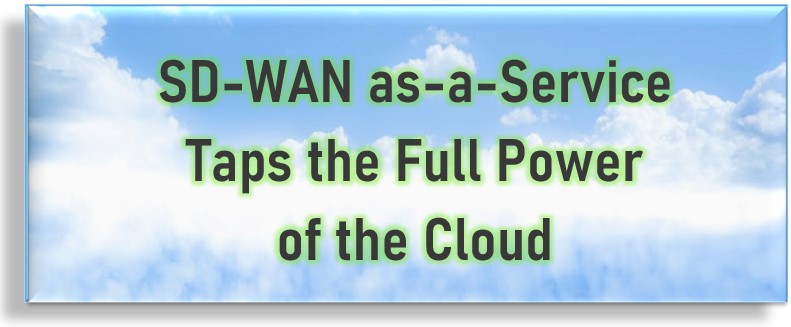Moving your IT infrastructure to the cloud has never been more fashionable or efficient. The variety of cloud services offered to businesses of all sizes have truly changed how organizations operate on a day-to-day basis. No longer must companies invest in expensive hardware and support systems. Software as a Service, Infrastructure as a Service, and Platform as a Service are all changing the way in which employees access data and applications during the work day.
If you’re considering different cloud computing services and solutions providers, here are eight questions to ask before you make your decision:

Does your cloud provider have a regular maintenance schedule? This is one of many consideration when choosing a provider.
Image courtesy Stato-Hosting.
- “What do you provide for disaster recovery?” The first concern when moving any data or applications to the cloud is making sure that the cloud services provider has a robust and streamlined disaster recovery solution in place. Ideally, they would provide georedundant server banks continuously mirrored to multiple locations with 99.999% guaranteed uptime. In reality, you should seek a partner with at least two mirrored locations for their server architecture and 99.99% guaranteed uptime. These metrics mean that barring a truly unusual event, your data will be safe and accessible for all but a few minutes each year.
- “What are our backup options?” Disaster recovery and backup are two very different things. Whereas the former is a precaution against unforeseen catastrophe, the latter is protection against an employee deleting an important file or an application being corrupted. Many providers will offer a backup from a day or two prior, but your best option is a provider that allows you the option of keeping as many backups as you like at a reasonable price. Keeping a backup from the first day of every month going back 18 months and a backup of each day from the previous two weeks is not unheard of. Cloud application and service providers should be flexible, affordable, and accommodating with regard to your backup needs.
- “How often and when do you perform maintenance?” Nothing is more frustrating then frequent and irregularly-scheduled work interruptions due to maintenance on the provider’s side. It is imperative that patches and updates be applied as needed and hardware refreshes will make sure you the infrastructure is running optimally. That said, any reputable cloud service provider should have a regular maintenance window that does not interfere with your business continuity.
- “How big is the pipe and who are we sharing it with?” One of the most oft-overlooked challenges with regard to cloud services is the fact that your data and applications are somewhere else! A provider offering a remote desktop solution that only has a T1 line into their facility is not going to work out well at all. Furthermore, don’t be dazzled by a provider with a 40MB circuit if they plan on having your share it with hundreds or even thousands of concurrent users.
- “What are the support SLAs (Service Level Agreements)?” Of critical importance are the guidelines for support once you are a customer. If all that is offered is a generic promise to respond to support requests within 24-48 hours, then you are likely better off finding a different option. A provider offering short SLAs (1-2 hours) for mission critical interruptions, as well as 24/7/365 monitoring, is a much better bet for your business.
- “Who owns our data?” Cloud service providers will tell you that you always own your data, and you probably do. You should dig deeper and ask who owns your data if the provider goes out of business or is unable to meet the terms of the contract. Do they have an off boarding plan? Is there a way for you to extract your data quickly and completely, or are you reliant on the provider to do it for you?
- “What are the costs to onboard and get started?” Most cloud services include an ongoing payment of some sort as a subscription agreement to the service. The provider is counting on your long-term use of their service to actually realize a profit. Often the onboarding and setup costs are billed out separate from your subscription agreement. There are also additional costs to consider, such as training and importing existing datasets into functional form. Make sure to ask for a real out-of-pocket cost in terms of money and time for actually getting up and running.
- “What are the costs and processes to cancel and leave?” Some cloud providers allow you to walk away at any time, while others will lock you into long-term contracts. Furthermore, different providers offer different levels of service for winding down your service. Many will help you transition to a new platform, but some will simply turn off your account(s) and delete your data.
With the flexibility, stability, and security of cloud applications come roadblocks and speed bumps that are not often discussed during the decision-making process. Considerations like bandwidth throttling, data caps, and administrative access can create more questions than answers for many companies considering cloud services for the first time. Getting answers to the questions above will help you make a more informed decision for your business. Still looking for a cloud services provider? Contact Mosaic NetworX today to learn more about our Cloud Computing offerings.




